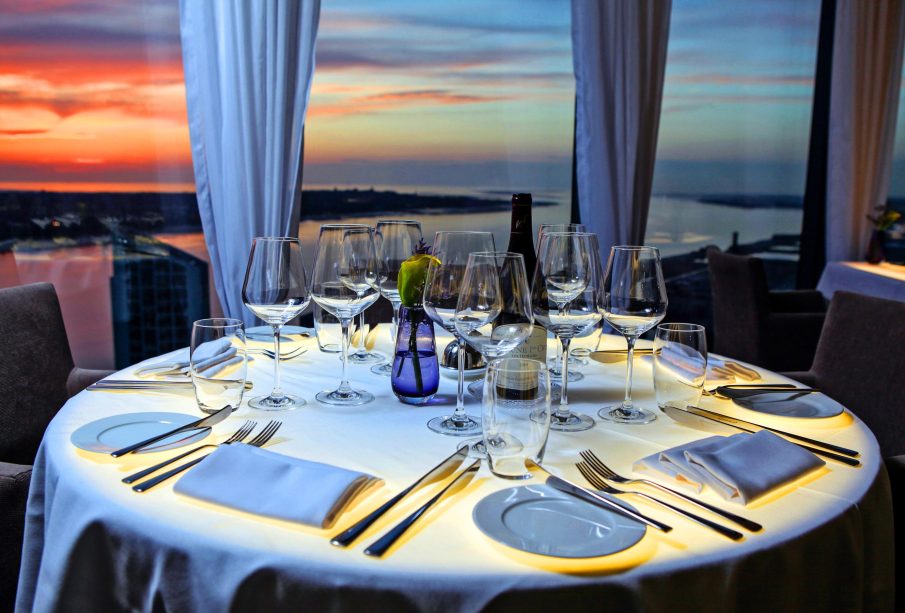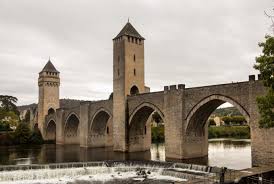Discovering Liverpool: A City of Heritage and Music

Introduction
Liverpool, a vibrant city in north-west England, is renowned for its rich cultural heritage, remarkable music scene, and historical significance. Recognised as the European Capital of Culture in 2008, the city has made its mark globally with its contributions to art, music, and sport. This article delves into Liverpool’s notable attractions and the events that shape its identity today.
Historical Significance
Founded in 1207, Liverpool quickly became a major port city, playing a crucial role in the transatlantic slave trade and the British Empire’s maritime activities. The city boasts a wealth of historical buildings, many of which reflect its trading past. UNESCO designated Liverpool’s waterfront a World Heritage Site in 2004, highlighting landmarks such as the Royal Albert Dock and the iconic Pier Head.
The Musical Heartbeat
Liverpool is famously known as the birthplace of The Beatles, one of the most influential bands in history. The Cavern Club, where the band started their rise to fame, continues to draw music lovers from around the world. Today, the city remains a hub for musicians, with events like the Liverpool Sound City festival celebrating local and international talent. The musical landscape is further enriched by popular venues such as the Echo Arena and the Philharmonic Hall.
Cultural Attractions
The city is home to numerous museums and galleries, showcasing everything from fine art to maritime history. The Tate Liverpool houses an extensive collection of contemporary art, while the Merseyside Maritime Museum offers insights into the city’s maritime heritage. Additionally, the Liverpool Philharmonic Orchestra and the Royal Liverpool Philharmonic Orchestra contribute to the city’s reputation as a centre for performing arts.
Modern Developments
In recent years, Liverpool has undergone significant regeneration, particularly in the Baltic Triangle area, which has transformed into a creative quarter housing studios, bars, and restaurants. This transformation reflects the city’s commitment to innovation and creativity while preserving its rich history.
Conclusion
As Liverpool continues to evolve, it remains a captivating destination for tourists and locals alike, blending its historical roots with contemporary culture. With its diverse offerings in music, art, and historical significance, Liverpool not only attracts visitors but serves as a testament to the enduring spirit of innovation and heritage. This dynamic city promises that there is always something new to explore, making it a must-visit for anyone interested in understanding the cultural fabric of the United Kingdom.





